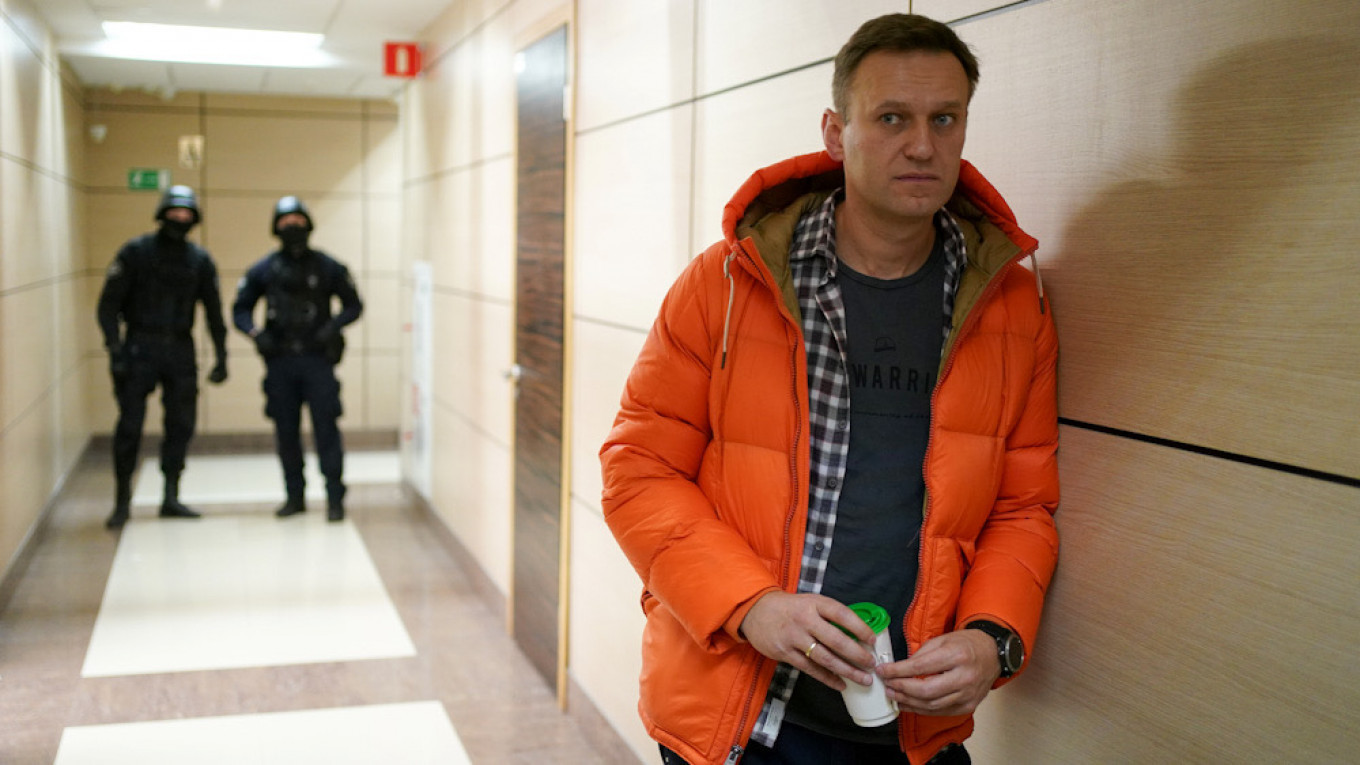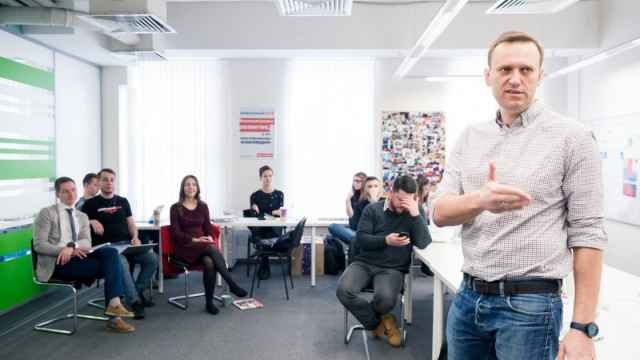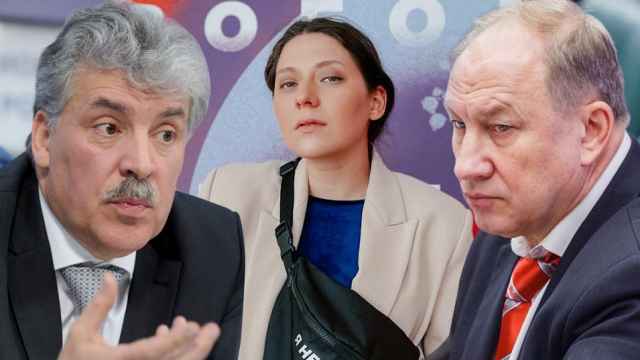Jailed Kremlin critic Alexei Navalny Tuesday called on supporters to mobilize ahead of key parliamentary polls after authorities blocked dozens of websites linked to his opposition movement.
On Monday, Russia's media regulator barred 49 websites linked to Navalny including his main website navalny.com as pressure mounts on opponents of President Vladimir Putin ahead of September parliamentary elections.
Navalny associates expect the authorities to soon also target a website dedicated to "Smart Voting" — a proposed strategy to back candidates best placed to defeat Kremlin-linked politicians in elections.
The tactic has seen the ruling United Russia party lose a number of seats in recent local elections.
In a message from prison, Navalny urged supporters to download a "Smart Voting" application that also allows users to read content from his now blocked main website.
"What an interesting experiment," Navalny said, referring to state regulator Roskomnadzor's move to block the websites. "Let's take part in it and give the United Russia, the Kremlin and Roskomnadzor a good pummelling."
"As they say, you can spit on people but what will you do if all the people spit on you?" he said in the message on his social media accounts which are being handled by his team.
Earlier on Tuesday, Navalny's top ally Leonid Volkov said that the Russian media regulator also sought to block the YouTube channels of Navalny, his campaign offices and several allies including himself.
They have "received identical notifications" from Roskomnadzor, Volkov told AFP.
Roskomnadzor and Google, which controls YouTube, did not immediately respond to requests for comment from AFP.
YouTube has become one of the most visible platforms for Navalny to release anti-corruption investigations.
Navalny's probe into a Black Sea palace Russian tycoons allegedly built for Putin has racked up nearly 118 million views on YouTube since its release in January. Putin denies the palace is his.
Navalny, who barely survived a near-fatal poisoning with a Soviet-designed nerve agent last summer, was imprisoned for two-and-a-half years on old embezzlement charges in February.
In June, his organizations were banned as "extremist", barring members and sponsors from running in the autumn parliamentary elections.
A Message from The Moscow Times:
Dear readers,
We are facing unprecedented challenges. Russia's Prosecutor General's Office has designated The Moscow Times as an "undesirable" organization, criminalizing our work and putting our staff at risk of prosecution. This follows our earlier unjust labeling as a "foreign agent."
These actions are direct attempts to silence independent journalism in Russia. The authorities claim our work "discredits the decisions of the Russian leadership." We see things differently: we strive to provide accurate, unbiased reporting on Russia.
We, the journalists of The Moscow Times, refuse to be silenced. But to continue our work, we need your help.
Your support, no matter how small, makes a world of difference. If you can, please support us monthly starting from just $2. It's quick to set up, and every contribution makes a significant impact.
By supporting The Moscow Times, you're defending open, independent journalism in the face of repression. Thank you for standing with us.
Remind me later.






